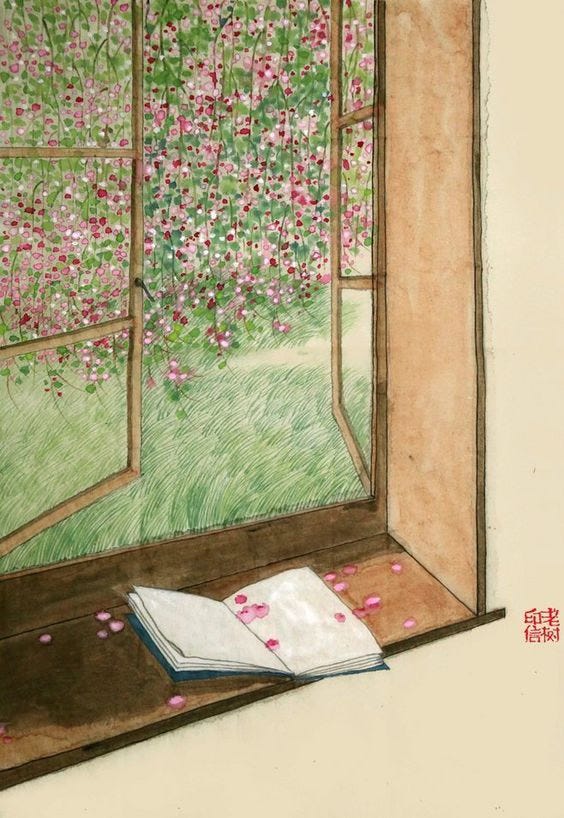In his Meditations, Marcus Aurelius writes, “Dwell on the beauty of life.” It seems a simple, a phrase that one could almost dismiss as if it were a mere greeting card message. Yet in this current age with its ominous apocalyptic menace, such contemplation is not only necessary but vital. I believe, as Rachel Carson did, that to contemplate beauty witho…
Keep reading with a 7-day free trial
Subscribe to Begin In Wonder Substack to keep reading this post and get 7 days of free access to the full post archives.




